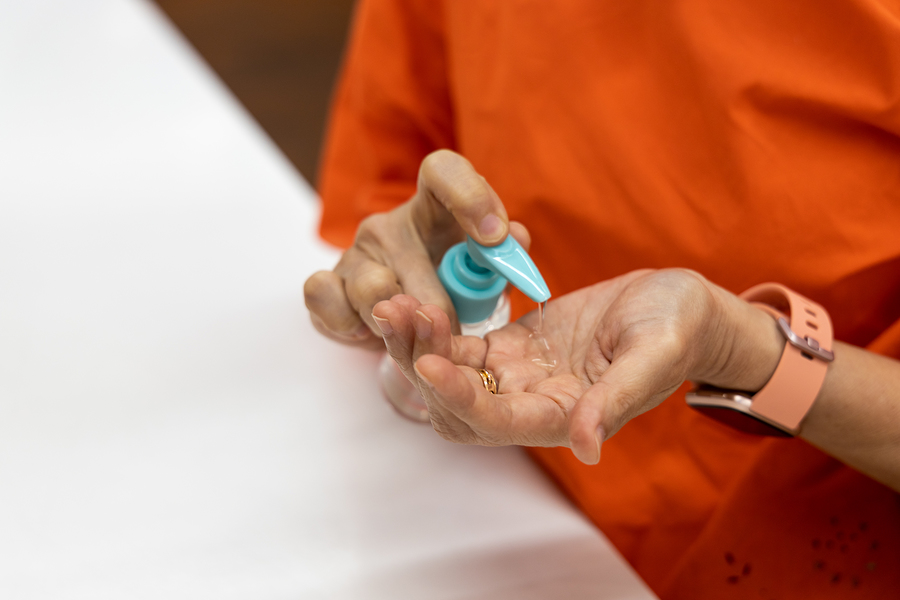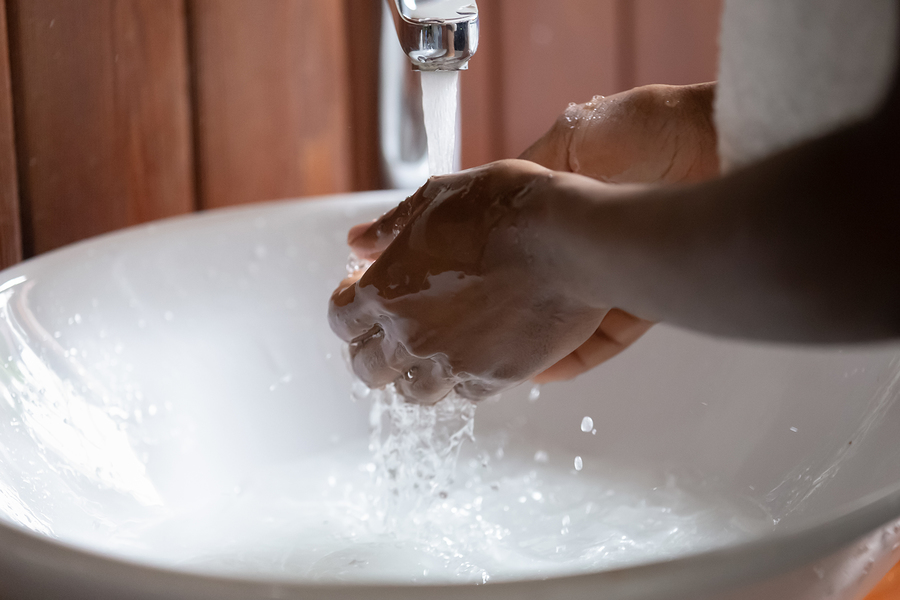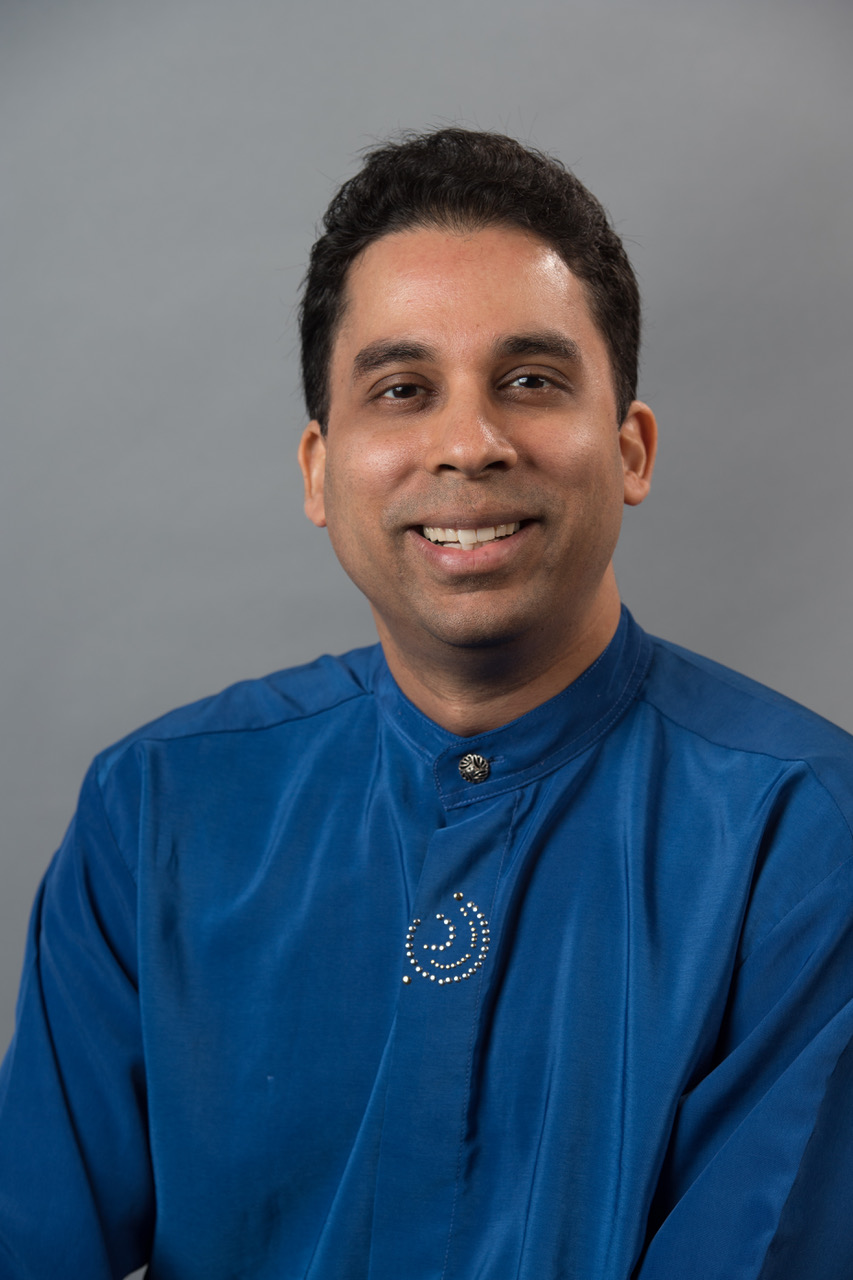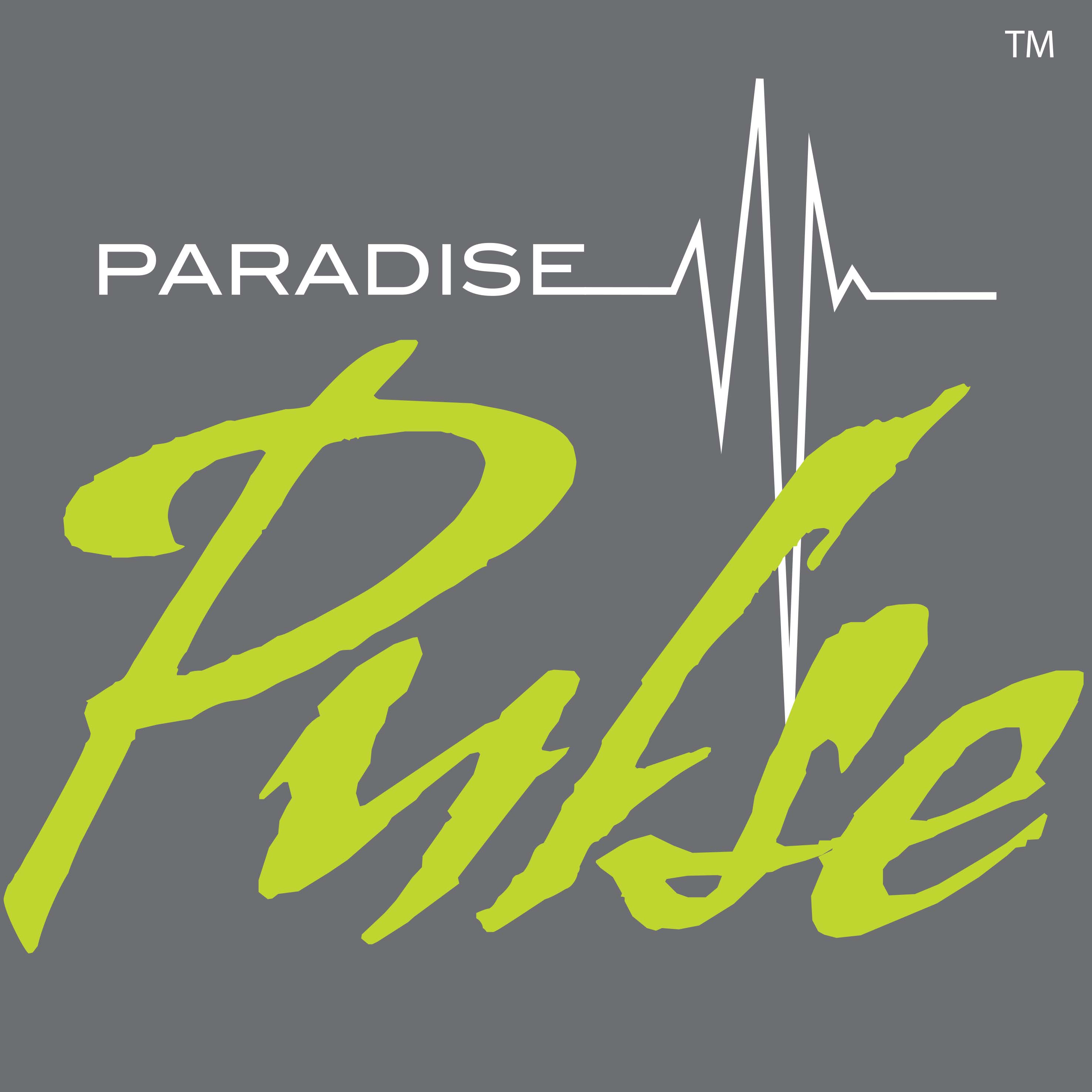 |
|
Dr. Joel David Teelucksingh, Consultant In Internal Medicine/Endocrinology/Diabetes
On December 31, 2019, China reported to the World Health Organization (WHO) cases of pneumonia emanating from a live animal market in Wuhan, China, caused by a novel coronavirus (called SARS-CoV-2). Coronaviruses are a diverse group of viruses, many of which are animal viruses. Four of these predominantly cause mild to moderate lung problems and may be responsible for 10-30% of colds.
Two other coronaviruses have caused outbreaks of severe respiratory illness in people: SARS, which emerged in Southern China in 2002 and MERS in the Middle East in 2012.
The World Health Organization declared a COVID-19 pandemic on March 11th, 2020 after 118,000 cases in 114 countries and 4,291 deaths with a mortality rate of under 3 percent. We live in a "global village" and in Trinidad and Tobago local authorities diagnosed our first COVID-19 infection the following day in a traveller returning from Switzerland. Of course, if more tests are performed in this post-Carnival period, it is likely that more cases will be identified.
There have been drastic travel restrictions to the most affected countries like China, South Korea, Italy, Japan and Iran. Everyone should avoid cruise ships, non-essential airline travel, mass gatherings, sporting events and crowded places. This "social distancing" is a critical aspect in the control of the pandemic.
How is the novel coronavirus transmitted?
This occurs by droplets or direct contact.
Contact transmission includes direct exposure to an ill person via shaking hands, kissing or touching a contaminated surface and then the mouth, nose or eyes.
Those who are sick can also infect others when viral-laden droplets from their coughs and sneezes are expelled. These may travel about six feet and persist on surfaces for hours or days.

How does COVID-19 compare to the common cold or flu?
The estimated incubation period (time from acquiring the virus to appearance of symptoms) of COVID-19 is five to six days (range 0 to 14 days). The median age of confirmed cases is around 59 years. Fever, cough and fatigue are common symptoms while vomiting or diarrhoea may occur. 80% of patients have asymptomatic or mild disease and recover. 15% may get severe disease including pneumonia and around 5% become critically unwell with septic shock and/or multi-organ and respiratory failure. It seems worse in high risk groups such as the elderly, smokers, persons with diabetes or lung disease. The surge in seriously ill patients in Italy has crippled its health sector with a shortage of intensive care beds.
Those individuals with the common cold may have a mild cough, sneezing, runny or stuffy nose, fatigue and, uncommonly, a low-grade fever.
Symptoms of influenza commonly include fever, chills, headache, muscle pain, dry cough and, perhaps, sneezing and stuffy nose. Seasonal Influenza has affected 26 million people in the United States since November 2019, killing up to 25,000 so far. Indeed, the 1918 influenza pandemic was the deadliest event in human history (50 million deaths). Fresh air, rest and sunlight were prescribed then- and are still effective.
Is any treatment available?
Most people will recover with fluids, rest and paracetamol. Serious infections- especially in the aforementioned vulnerable groups - require admission to hospital for intensive care. There have been early reports of successful outcomes with antimalarial and HIV drugs but research is ongoing.
Antibiotics are NOT beneficial in viral infections like COVID-19 or influenza.
Denial by governments has led to global panic and a hodgepodge of misinformation on social media (an "infodemic") especially by charlatans and modern snakeoil vendors. There is no role for garlic, heat, drinking bleach, colloidal silver or water every fifteen minutes.
What should I do if COVID-19 is suspected?
The majority of healthy young adults, children, and infants have only mild symptoms and these will usually not be tested but may transmit. They may be managed at home and should call their primary care doctor or Ministry of Health to discuss symptoms, and will likely be recommended to self-isolate for about 14 days from the onset of their illness if tests confirm COVID-19.
This will prevent the spread of infection to high-risk patients in emergency departments and waiting rooms while conserving resources in the midst of a pandemic.
The UK has a 24 hour hotline to identify such patients and aggressively quarantine and trace contacts. China's attack on COVID-19 required speed, imagination and political courage. People could talk to doctors via telephone, order food and medications online and there are designated testing areas for CT scans and swabs. Interestingly, thousands of government workers were deployed and taught basic aspects of care such as proper use of gowns and hand hygiene. We need some of these practical solutions in the Caribbean.
How can I prevent infection at home, work and church?
- Before preparation of the sacraments of Holy Communion, wash hands with soap and water for at least twenty seconds. Hand sanitizer (at least 60 % alcohol) may also be used. Disposable gloves may be ideal when handling bread and should be worn when collecting used glasses as the virus may live on surfaces for many hours. Fresh gloves should be used when washing the glasses.

-No handshakes, hugs or kisses during the sign of peace. A small bow or "namaste" greeting is preferred.
-Cough or sneeze in the crook of the elbow or sleeve. Disposable tissues followed by handwashing may be useful. Masks are unnecessary except in ill persons to prevent large droplets from being dispersed. N95 respirators should be conserved for hospital workers.
-Avoid touching your face and stay home from church, work or school if ill. First-World countries have been compensating such workers and our schools should send lectures online if available to recovering or quarantined pupils.
-Churches and offices may consider hand sanitizers in exits and washroom areas.
-Seek medical assistance if suspected to have COVID19 based on symptoms like fever, cough, shortness of breath and exposure to infected persons or travel to high-risk areas.
- No vaccine is available yet but ensure that you receive an annual influenza ("flu") shot especially if in a high risk group : aged 6 months to 5 years, over 60 years, pregnant women, healthcare workers and those with chronic medical illnesses such as diabetes, heart disease or asthma.
-A healthy diet rich in fruits and vegetables, regular exercise in fresh air, adequate sleep, weight loss, smoking cessation and stress reduction may boost natural immunity. There is limited evidence that vitamin C supplements are beneficial.
Do I need to stockpile any items?
The COVID-19 pandemic has troubling economic implications as the stock market plummets. "Panic- buying" is a self-fulfilling prophecy as there is a shortage of basic amenities afterward as a result of overbuying! While it may be prudent to purchase some extra medications or foodstuff, be altruistic...leave for others. There have been unfortunate reports of racism and xenophobia after this pandemic began in China.
The New England Journal of Medicine reminded the medical fraternity of the Greek myth of Pandora’s box: the gods had given Pandora a locked jar she was never to open. Driven by human weaknesses, she nevertheless opened it, releasing the world’s misfortunes and plagues. However...hope remained!
Resources:
- World Health Organization (WHO): technical documents for coronavirus (covid-19) outbreak:
https://www.who.int/health-topics/coronavirus
- European Centre for Disease Prevention and Control: latest guidance for EU/EEA: https://www.ecdc.europa.eu/en/novel-coronavirus-china
- US Centers for Disease Control and Prevention: latest guidance, advice and information: https://www.cdc.gov/coronavirus/2019-ncov/index.html
- Ministry of Health of Trinidad and Tobago website: www.health.gov.tt
The information given in this column is for general guidance only. If you are dealing with a serious health issue, you are strongly advised to seek medical attention.
 |
By: Dr. Joel David Teelucksingh | FEATURES | March 2020 |
Tweet |
Warning: array_search() expects parameter 2 to be array, null given in /home/paradisepulsea/public_html/pages/article.php on line 87
Warning: in_array() expects parameter 2 to be array, null given in /home/paradisepulsea/public_html/pages/article.php on line 104
Warning: array_search() expects parameter 2 to be array, null given in /home/paradisepulsea/public_html/pages/article.php on line 87
Warning: in_array() expects parameter 2 to be array, null given in /home/paradisepulsea/public_html/pages/article.php on line 104
Warning: array_search() expects parameter 2 to be array, null given in /home/paradisepulsea/public_html/pages/article.php on line 87
Warning: in_array() expects parameter 2 to be array, null given in /home/paradisepulsea/public_html/pages/article.php on line 104


| Subscribe |










%20-%20Copy.jpg)

